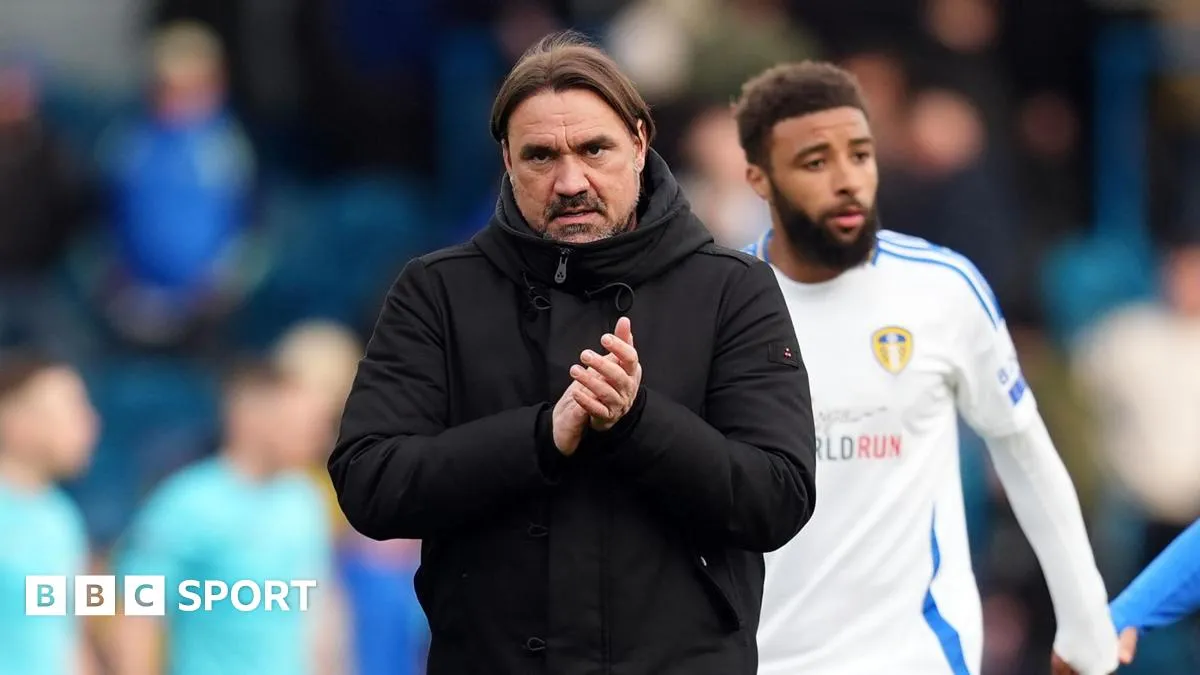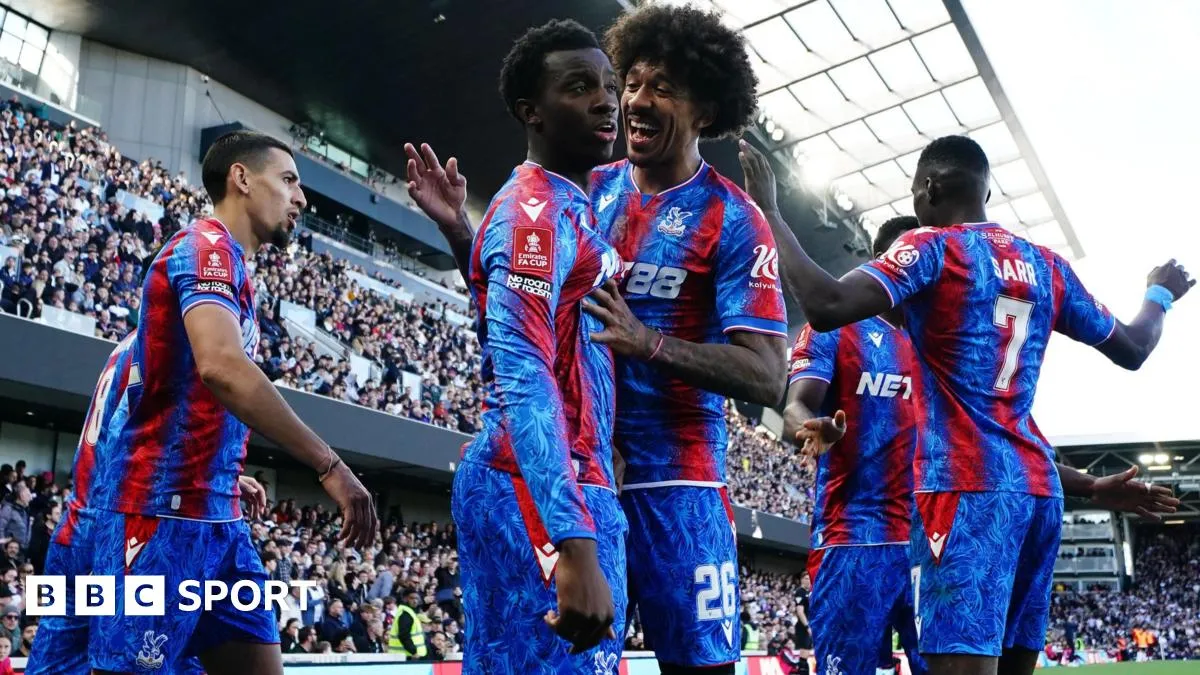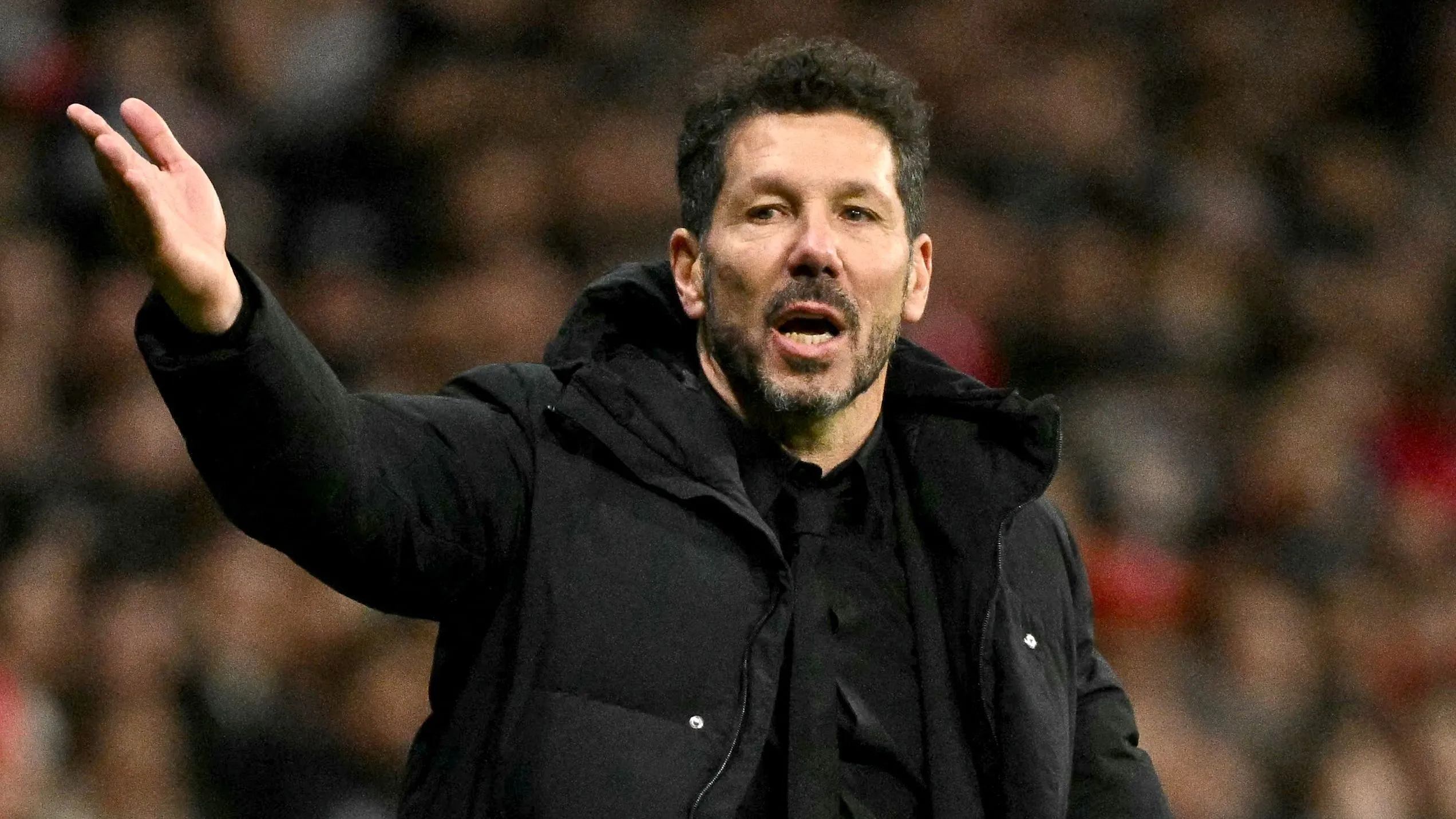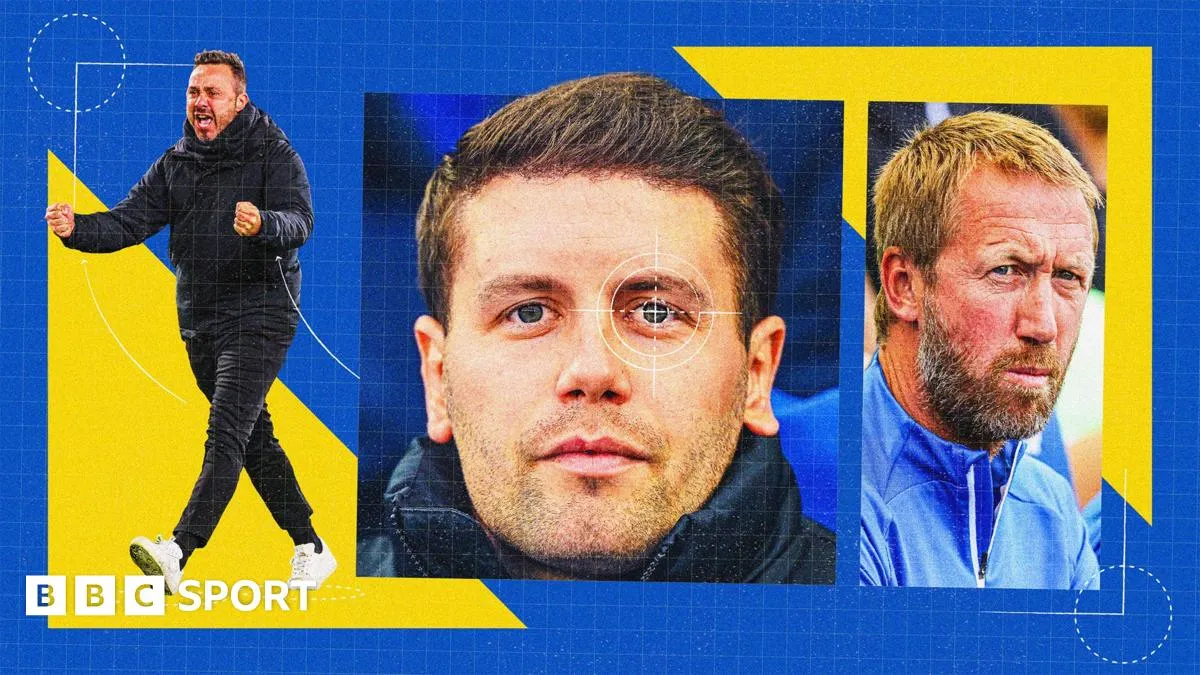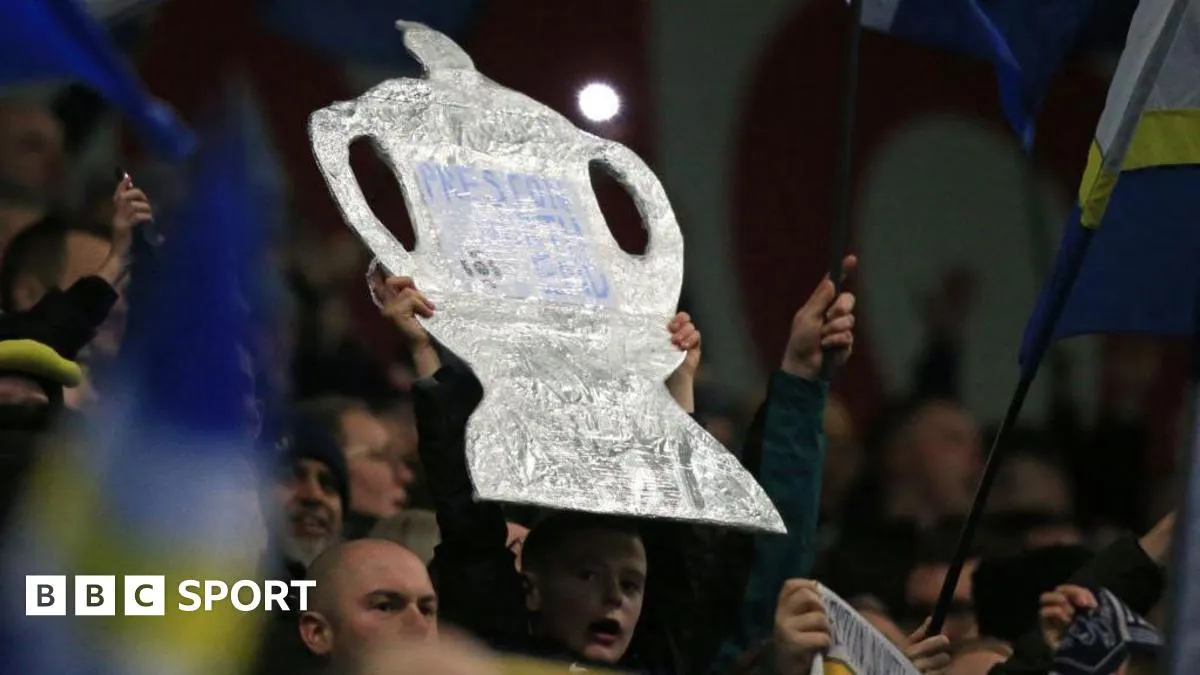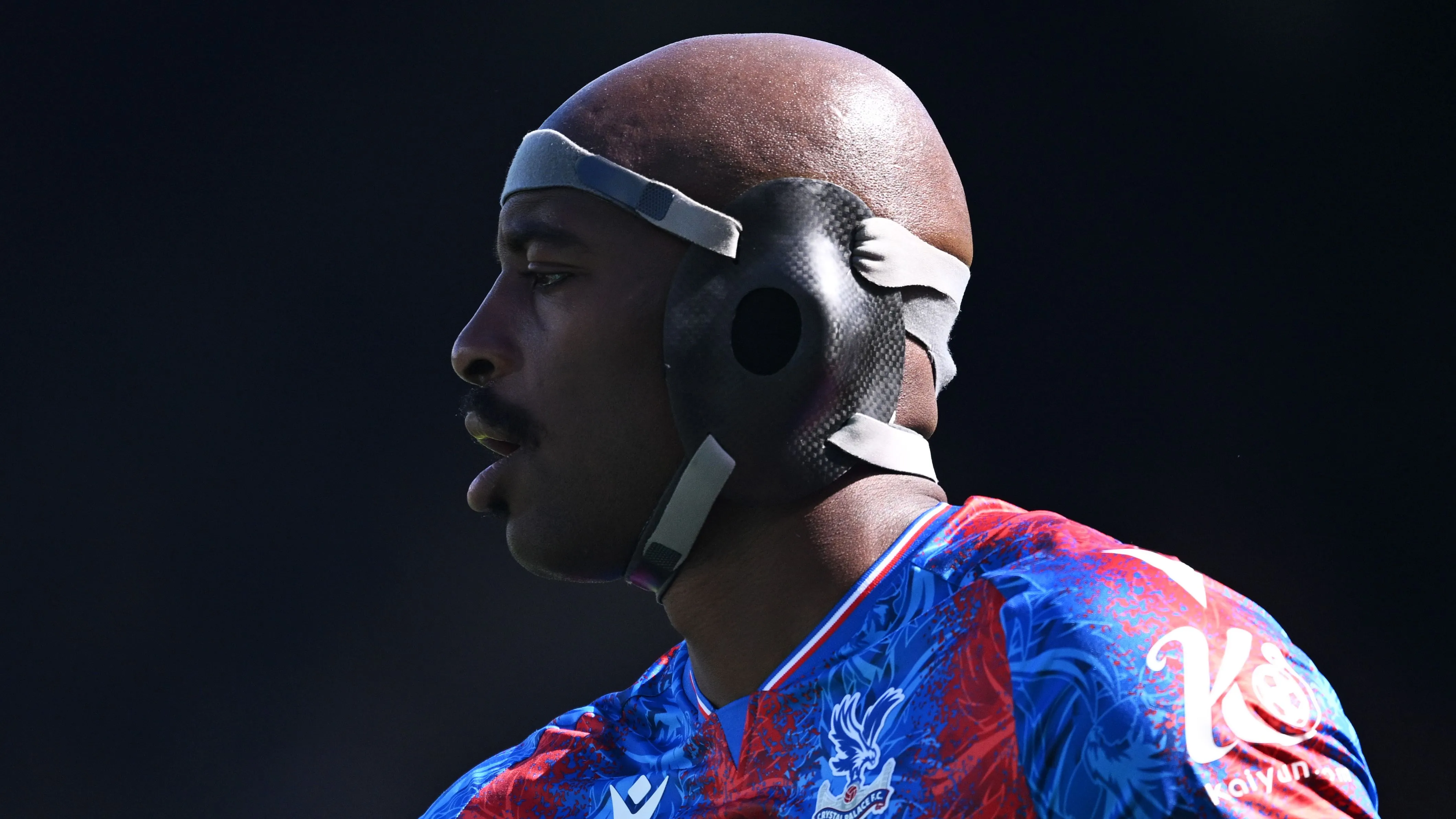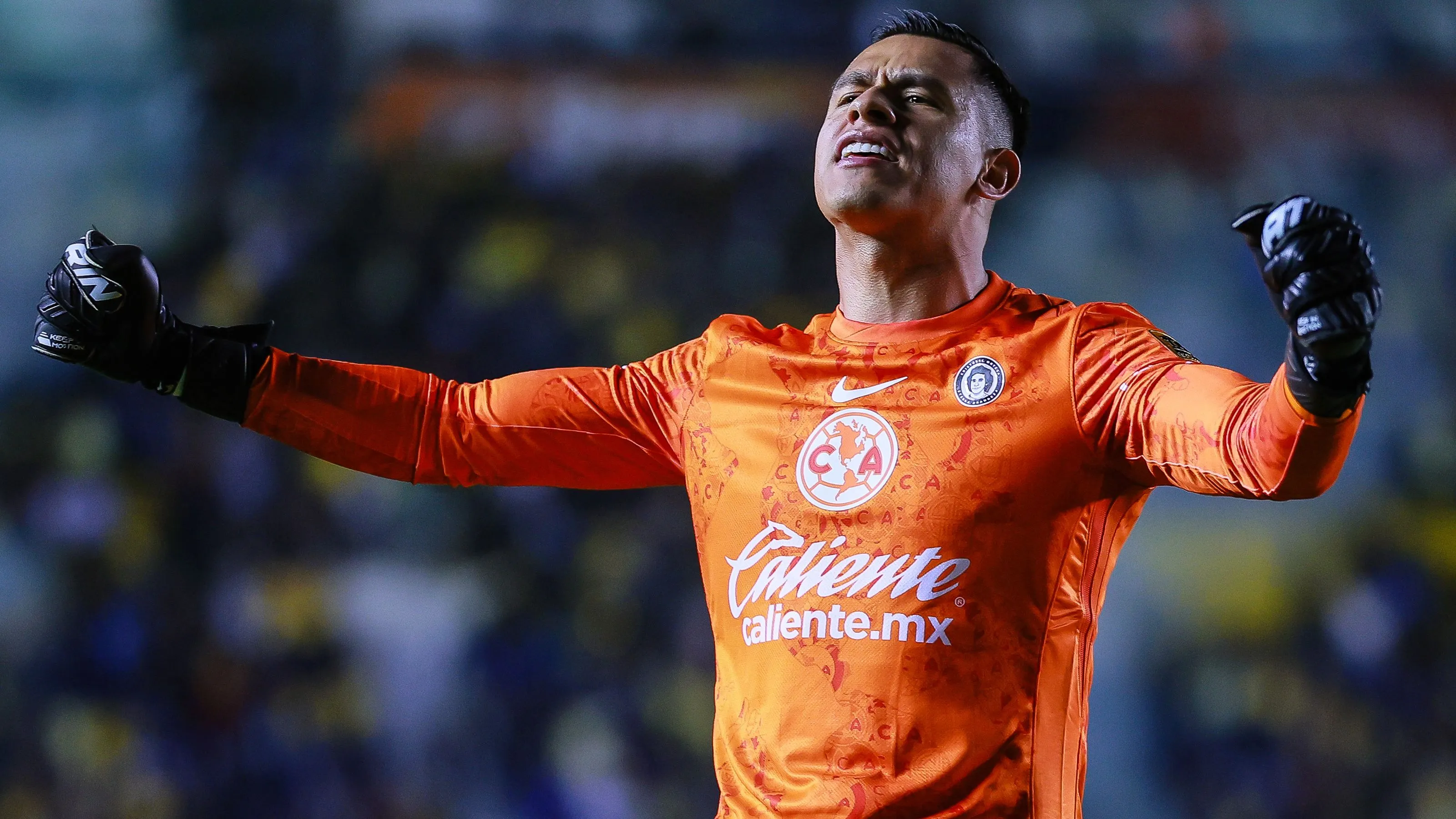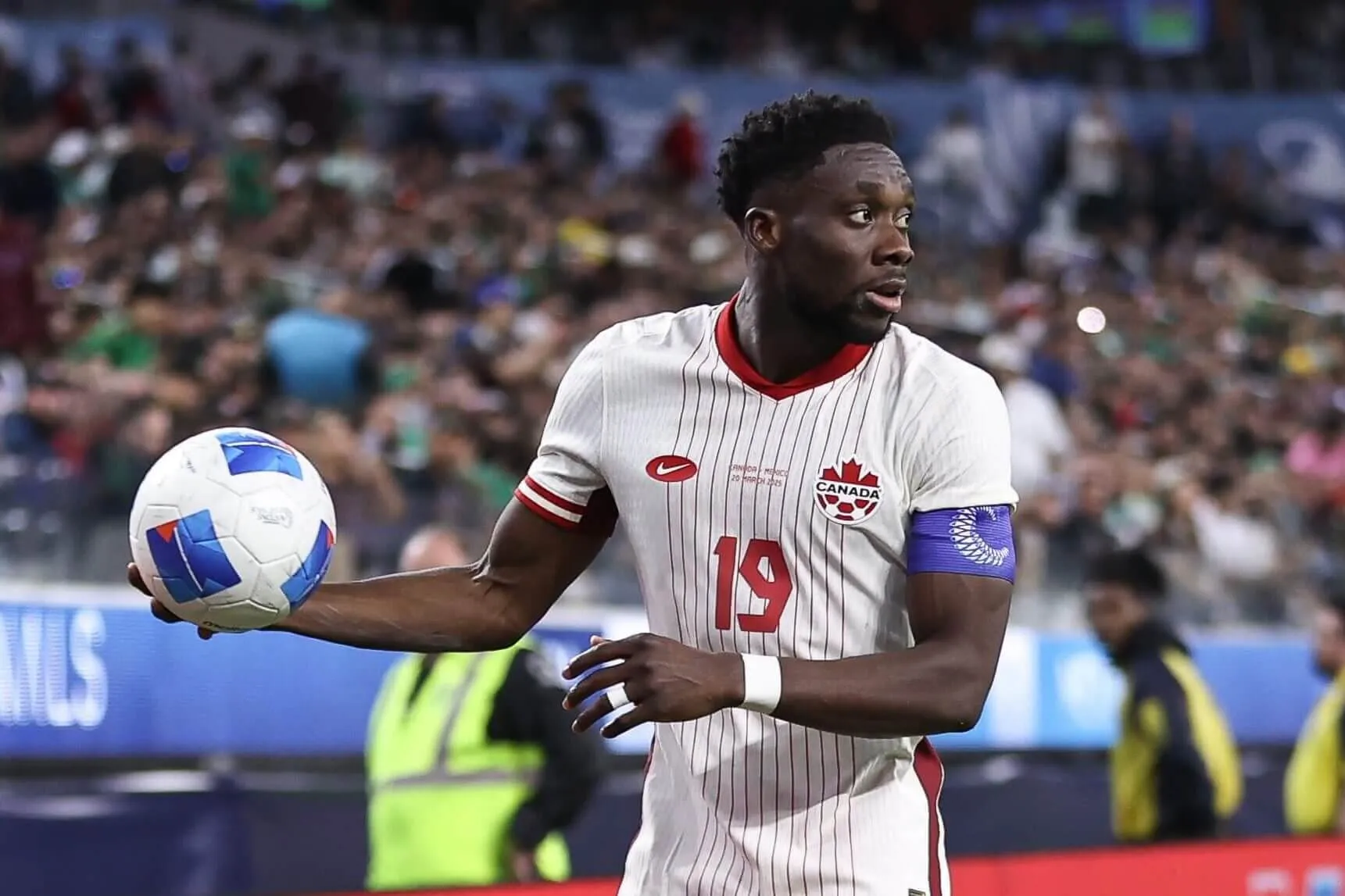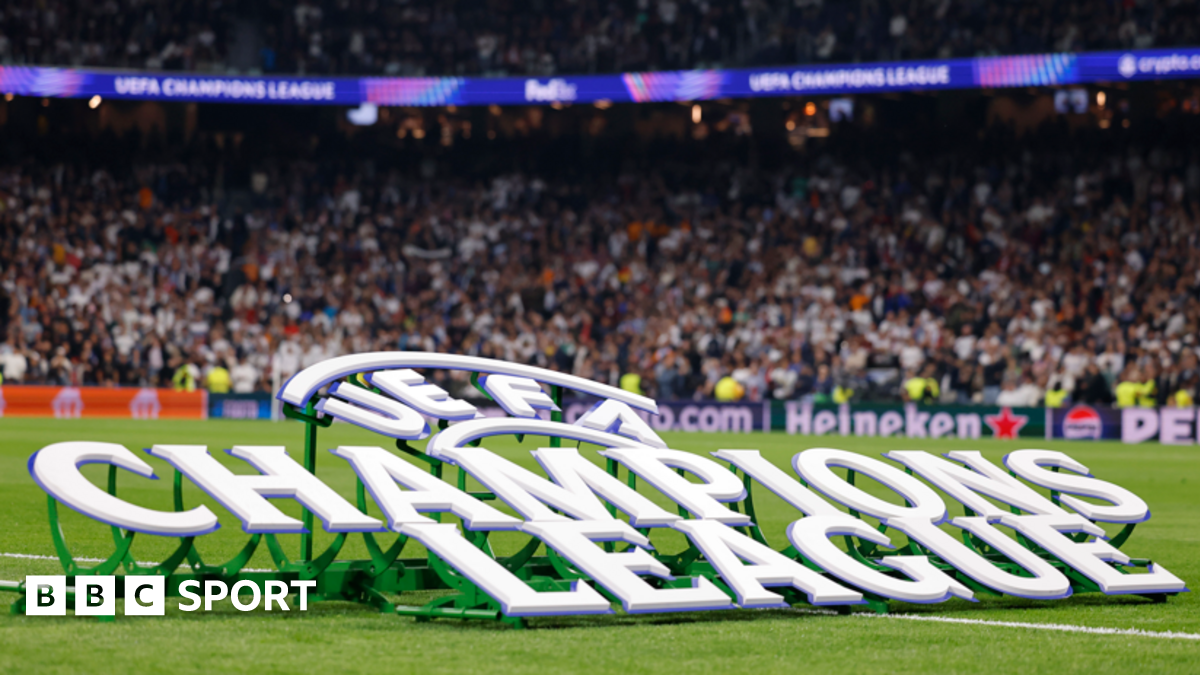
The UEFA Champions League's revamped format reached a dramatic conclusion on Wednesday night, delivering a spectacle that kept fans on the edge of their seats until the final whistle. The new league phase format has transformed Europe's premier club competition, bringing both excitement and controversy to the forefront.
In a remarkable turn of events, Manchester City, the reigning European champions, found themselves facing a potential early exit at halftime against Club Brugge. However, they mounted an impressive comeback to secure a 3-1 victory and avoid what would have been an embarrassing elimination. Meanwhile, Aston Villa battled their way past Celtic to claim a coveted top-eight position and automatic qualification for the last 16.
The new format has significantly increased the stakes in the final rounds. Unlike last season, where 13 teams had already secured their last 16 spots before the final group games, only Liverpool and Barcelona had guaranteed their positions this term. This left 27 teams competing for remaining spots, creating an electrifying atmosphere across all matches.
Former Celtic forward Chris Sutton, speaking on BBC Radio 5 Live, praised the new format: "This new format, people are split. It is brilliant, isn't it? We have gone down to the wire." Former England goalkeeper Joe Hart added that it was "Uefa's dream" to see powerhouse teams like Manchester City on the brink of elimination.
The restructured tournament has delivered memorable matchups, including a repeat of the 2023 final between Manchester City and Inter Milan, and thrilling encounters featuring football giants Real Madrid, Barcelona, and Bayern Munich. Barcelona's campaign included spectacular victories, including a nine-goal thriller against Benfica and a commanding 4-1 win over Bayern.
However, the new format has faced criticism for its complexity and extended schedule. The league phase now consists of 144 matches compared to last year's 96, with an additional playoff knockout round to follow. Former England midfielder Izzy Christiansen expressed reservations: "I'm not sold on this new format yet. I need a season to get my head around it. I am a sucker for the old format I watched growing up."
The expansion has also raised concerns about player welfare and environmental impact. With additional fixtures in an already congested schedule, global players union Fifpro has voiced concerns about player well-being. Notable figures like Thierry Henry and Jamie Carragher have criticized the demands placed on players, suggesting they're being "treated like cattle" and "run into the ground."
The competition now offers more opportunities for individual achievements, with stars like Erling Haaland (47 Champions League goals) and Kylian Mbappe (51 goals) closing in on records set by legends Cristiano Ronaldo (141 goals) and Lionel Messi (129 goals).
Despite these changes, some traditional elements have been lost. The old home-and-away rivalries within smaller groups have disappeared, and teams like Dinamo Zagreb no longer have the chance to seek revenge against opponents who previously defeated them. Additionally, the expanded format has raised questions about competitive balance, as some pot-four teams have proven just as strong as their higher-seeded counterparts.
In the end, those advancing to the play-offs will face a longer path to glory, with potential champions having to play 17 main-draw games, four more than in previous seasons. This transformation of the Champions League represents a significant shift in European football, balancing commercial interests with sporting tradition while generating intense debate about the future of the game.

